12. Finding Neverland (Jan Andrzej Paweł Kaczmarek)
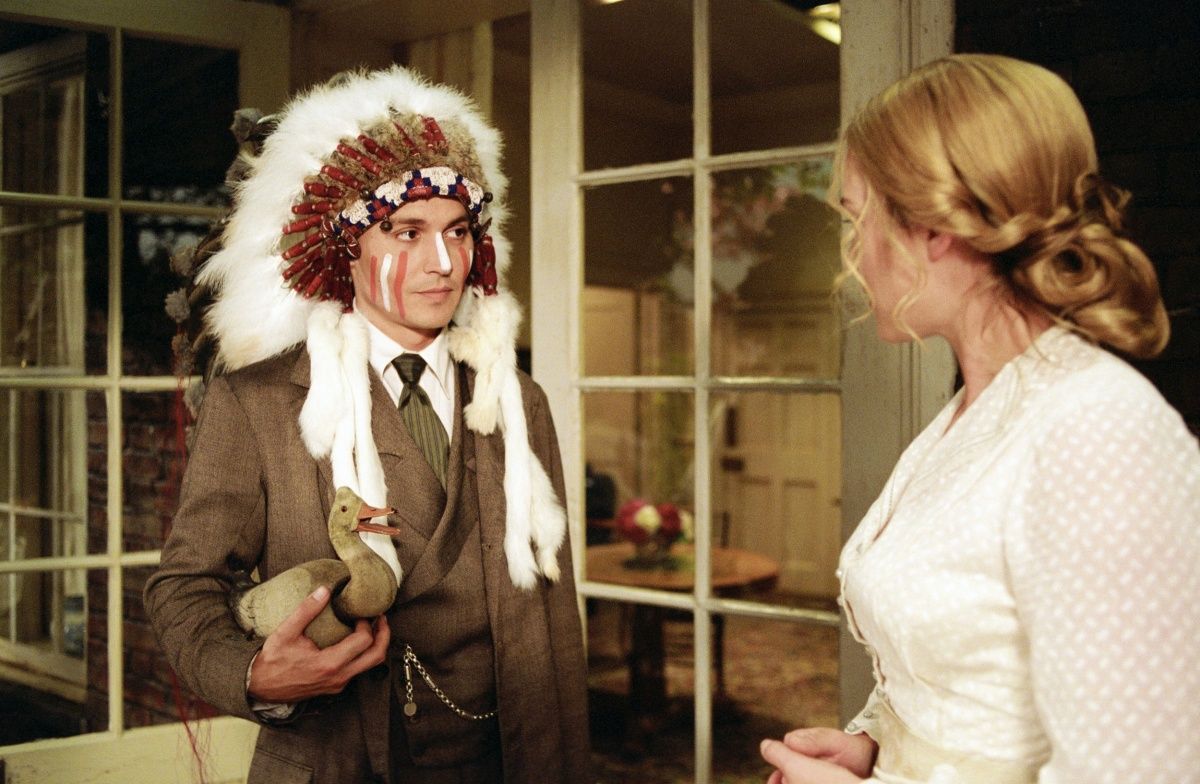
Describing the score of Polish composer Jan Andrzej Paweł Kaczmarek with two words isn’t difficult: fabulous beauty. The movie tells the story of playwright James M. Barrie and the process as he created Peter Pan. It seems like Kaczmarek took the idea of the magical novel as a main theme close to heart and created a score spraying a highly fabulous vibe. He has the capability of creating a magical world with his music, as well as the movie’s protagonist bringing Neverland into being.
In the beginning, “Where Is Mr. Barrie” is a strong introduction with its Vivaldi-influenced string arrangements and dreamy choir. But the true brilliancy of Kaczmarek appears in his marvelous piano compositions. Many of the tracks simply consist of one piano, but instead of sounding one-dimensional, the music is dominated by harmonic and tonal richness.
11. Crouching Tiger, Hidden Dragon (Tan Dun)
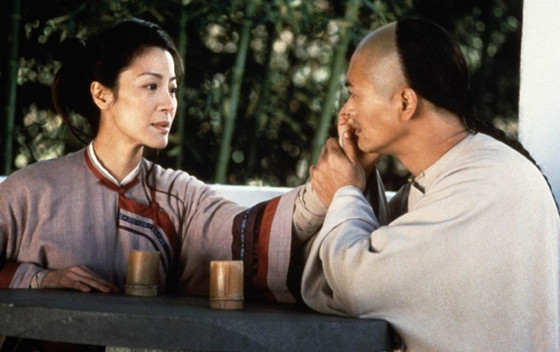
As this list proves, Oscar-winning scores often take new creative turns regarding the listening habits of today’s audiences. “Crouching Tiger, Hidden Dragon” and its soundtrack by Chinese composer Tan Dun are a good example of this.
Asian harmonics take turns with Oriental percussion patterns in order to spray a highly cinematic and thrilling atmosphere. Dun’s work masters the balancing act between martial action music and emotional strains, perfectly fitting the task of producing a soulful wuxia film for the big screen. But what really stands out is the marvelous cello play of award-winning musician Yo-Yo Ma. With the tones gliding seamlessly into each other, the solos are full of harmonic brilliance and the most attention-catching element.
10. The Hateful Eight (Ennio Morricone)
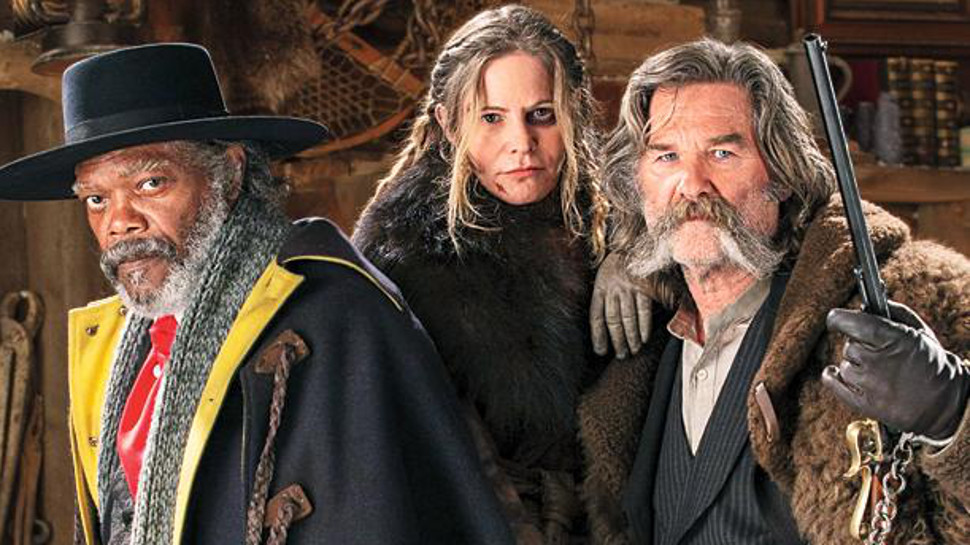
When talking about Quentin Tarantino’s cinematic trademarks, his musical selection immediately comes to mind. After seven movies, each accompanied by his personal and eclectic musical variety, reaching from 70’s soul and blues to modern rap, his eighth film comes with an original soundtrack by legendary Italian composer Ennio Morricone.
The three-minute opening shot is underlaid with a steady bassoon riff and some arcane harmonies, perfectly setting the tone for this neo-western intimate play. Something mysterious has a lock on the lonely cabin surrounded by the obscure snowscape, where the dubious protagonists start a scheming interplay with each participant pursuing his own goal.
Morricone truly knows how to transform this strong atmosphere into a captivating score, while revealing his typical Spaghetti Western influences. Regarding Tarantino’s way of handling his score, this new approach wouldn’t be possible without a composer whose trademark is as strong as Tarantino’s. In Ennio Morricone he found a perfect correspondent, even if this score isn’t the best in his oeuvre.
9. Life of Pi (Mychael Danna)
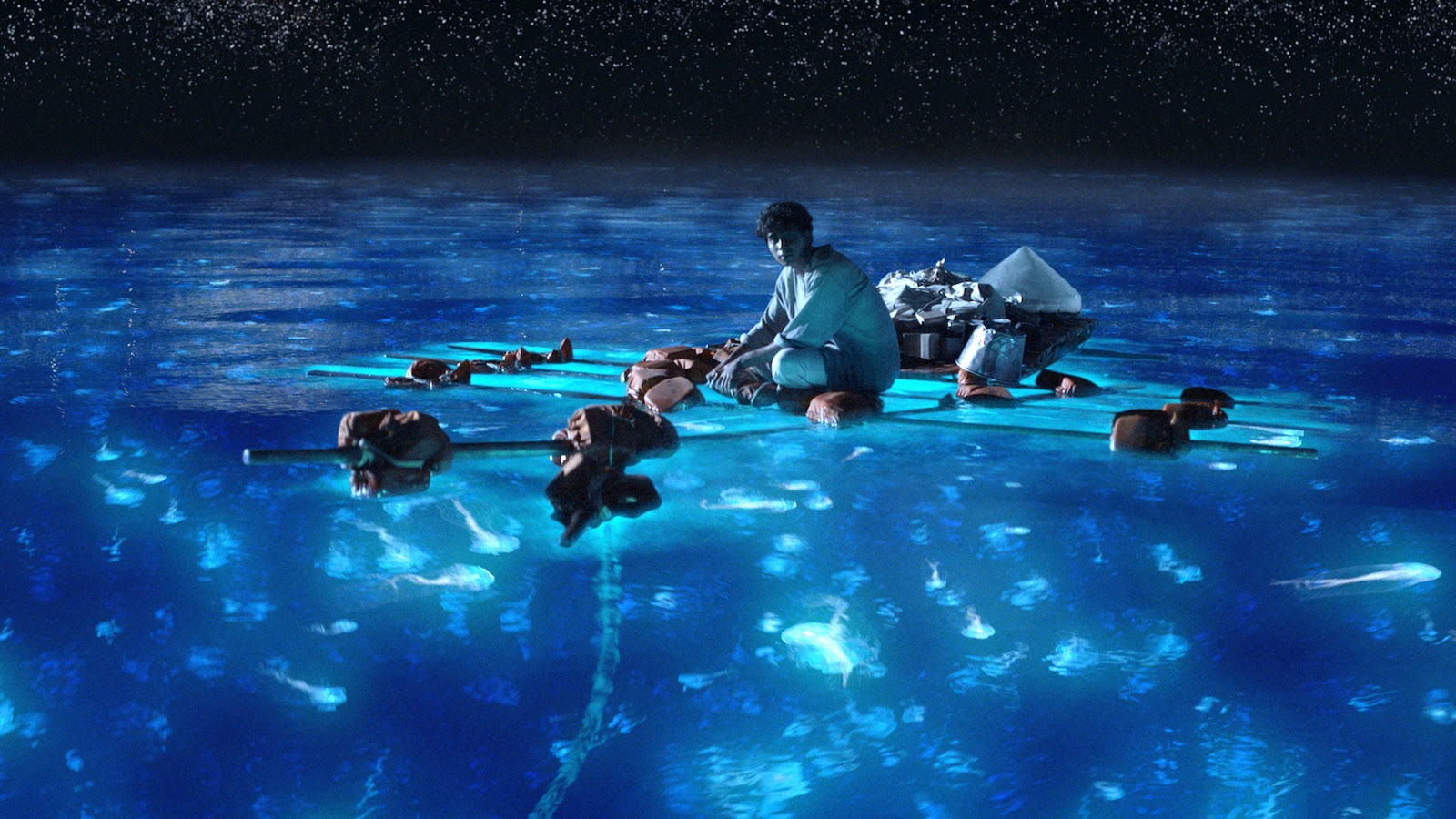
With another score reverting to Oriental sounds, and another first-class example of how to give a score a distinct cultural and especially spiritual background, “Life Of Pi” tells the story of an Indian boy who shipwrecks with animalistic companionship during an overseas journey, just to contour the narrative.
The movie seems like a trip into the realm of the subconscious of Mother Nature with its strong and haunting cinematography (just think about how the tiger looks diving into the ocean’s depth, following stunning visuals enriched with a fine amount of surrealism). The fluid soundscapes with its floating harmonies and dreamy patterns work like the perfect musical treatment for that.
Arising from this, the soundtrack’s spiritual vibe brilliantly captures the highly mental and emotional journey of the protagonist.
Regarding the decent lack of innovative energy, Danna’s score couldn’t hit a higher ranking. But this shouldn’t hide the fact that the soundtrack of “Life Of Pi” is a brilliant musical journey with an immersive approach.
8. The Grand Budapest Hotel (Alexandre Desplat)
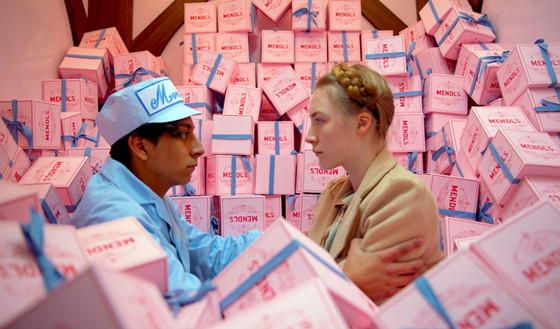
Assuming a film is as good as its capability of roping the audience into the movie’s world, “The Grand Budapest Hotel“ is one of the greatest ones ever made. The reason for that, aside from its beautiful cinematography and stunning production design, is the brilliant score by one of Hollywood’s most renowned composers.
Alexandre Desplat, who faced seven Oscar nominations without a win. He created the perfect equivalent to the fabulous and colorful visuals and the entertaining narrative with its esprit and serious emotions.
Exactly like the movie’s visual layer, the soundtrack appears like a fairy tale and sprays a harmonic vibe without drifting into cliche-dripping and kitschy spheres. Desplat’s use of a palette of carefully selected instruments like balalaikas, bells, and alphorns give the score an unmistakable aesthetic balanced between a distinct 1930’s vibe, the luxury of the hotel’s glory days, and the mountainous environment, and is far away from predictable orchestra scores.
7. La La Land (Justin Hurwitz)
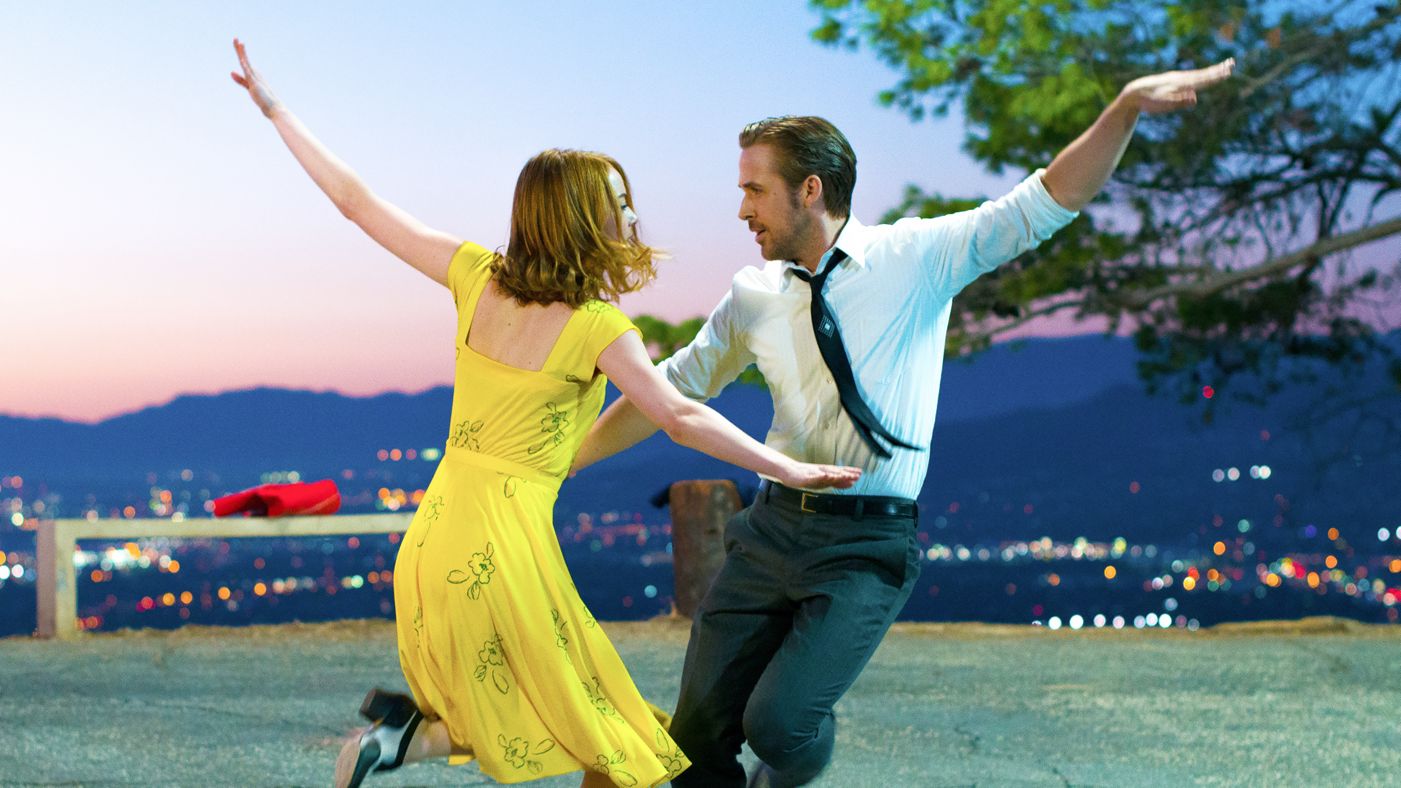
No other cinema release in 2016 received such a huge media response like Damian Chazelle’s third feature-length movie “La La Land”. The film is an ode to the glory era of Hollywood musicals, being rife with joy, gorgeous colors, and a lot of mesmerizing musical performances.
Analyzing the vast success of “La La Land” is absolutely impossible without specifying its musical element. In times of daily news reports describing the political, religious, or economic downfall of liberal values, “La La Land” works as a two-hour escape into a hedonistic utopia with songs like “Another Day of Sun” or “A Lovely Night”, just to name a few. Justin Hurwitz, who is responsible for the score, received numerous awards for his work, including two Golden Globes and two Oscars.
Strongly influenced by jazz, his music interweaves between nostalgia for classical 1950’s movie musicals like “Singin’ in the Rain“ and a totally fresh approach on illustrating art and love on screen. While critics point out the exuberant feel-good vibe while sparing current world affairs, “La La Land” and its music might be exactly what the world needs today.